American Psychological Association Division 50
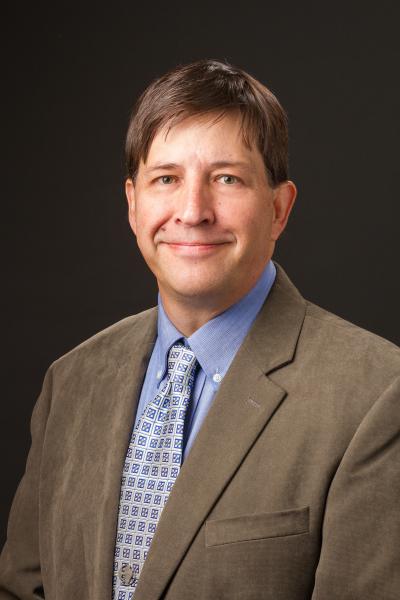
Brent Moore, PhD
Yale University School of Medicine
VA Connecticut Healthcare System
As part of a Yale team of multi-disciplinary colleagues from across the medical school, Dr. Brent A. Moore, Research Scientist at Yale and VA Connecticut, has recently collaborated on the development and evaluation of a Massive Open On-line Course (MOOC) on the fundamentals of Substance Use Disorder for health care professional education. Course content was developed by an interprofessional team of faculty from the Yale Schools of Public Health, Nursing, and Medicine, and consists of 6 modules each with 3-5 short video lessons, in-video quiz questions, a clinical case vignette, interprofessional panel discussions, an interactive map activity, and a module quiz. Content includes discussions of stigma and racial disparities. Through a SAMHSA-funded grant, the American Academy of Addiction Psychiatry (AAAP), the American College of Academic Addiction Medicine (ACAAM) and a coalition of 34 interprofessional schools to accelerate development and actively disseminated to students at the partner schools, including programs in medicine, nursing, physician assistant, pharmacy, social work, and psychology. Course satisfaction and engagement were high across programs (81% of initiators). Instructors have found the course provides an excellent foundational addiction education and an important “jumping off point” for more nuanced discussion of important clinical issues.
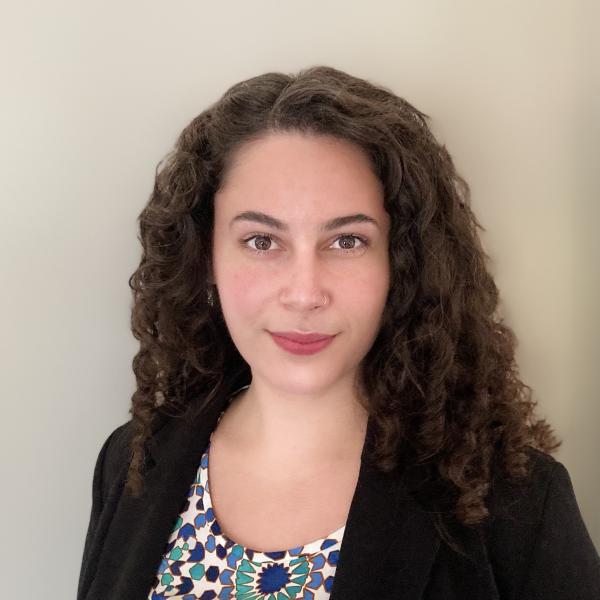
Mia M. Ricardo, MA
Sam Houston State University
Mia M. Ricardo, MA is a clinical psychology doctoral candidate at Sam Houston State University in Huntsville, Texas. She was recently awarded a Division 50 Student Research Grant for her dissertation titled, “Does Endorsement of the Brain Disease Model of Addiction Predict Financial and Voter Support for Harm Reduction Programs and Punitive Policies?” This study seeks to evaluate whether individual beliefs consistent with various perspectives on the development of addiction can predict willingness to vote for and donate to harm reduction and punitive policies aimed at addressing the opioid epidemic. She hopes this line of research will help identify ways to increase public support for alternatives to incarceration for drug use. In August, Ms. Ricardo successfully passed her dissertation defense, with special thanks to Division 50 for providing the funding to complete data collection. In November, she will be presenting data from this study at the Texas Psychological Association’s annual conference. The title of her presentation is, “Drug Policy: Harm Reduction, Punitive Policies, and Capital Punishment in a Voting Paradigm.” Ms. Ricardo is applying for her pre-doctoral internship this year and looks forward to continuing her research and clinical work with individuals at the intersection of addiction and criminal justice.
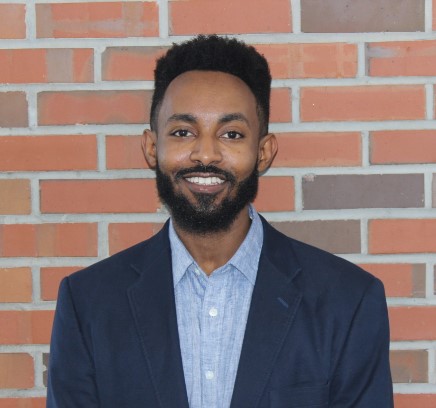
Neo Gebru, MPS, MS
University of Florida
Neo Gebru, a fourth year doctoral student in at the University of Florida, recently received two new grants – (1) an F31 training grant from NIAAA and (2) a Student Research Grant from the Society of Addiction Psychology (APA, Div. 50). Neo’s project for both grants is titled “Using Behavioral Measures to Assess Change in HIV Sexual Risk-Taking Following Pre-Exposure Prophylaxis (PrEP) Uptake in Heavy Drinking Young Men Who Have Sex with Men.” The proposal, sponsored by Div. 50 member, Dr. Robert Leeman, is an outgrowth of an NIAAA-funded randomized control trial (UH2/UH3AA026214, PI: Leeman) testing a mobile intervention to reduce alcohol use and sexual risk-taking while enhancing PrEP adherence. Heavy-drinking young adult men who have sex with men (ages 18-30) will receive open-label PrEP and be randomized to personalized, behavioral intervention (PrEP + intervention) or standardized educational control (PrEP + control) for 30 days. Neo’s project aims to assess effects of PrEP and personalized, behavioral intervention on sexual risk-taking, measured with the sexual delay discounting task, and on alcohol use, demand, and reinforcement using reliable, valid measures pre- and post-intervention. The project will also add a no PrEP, no intervention (i.e., no treatment) comparison group.
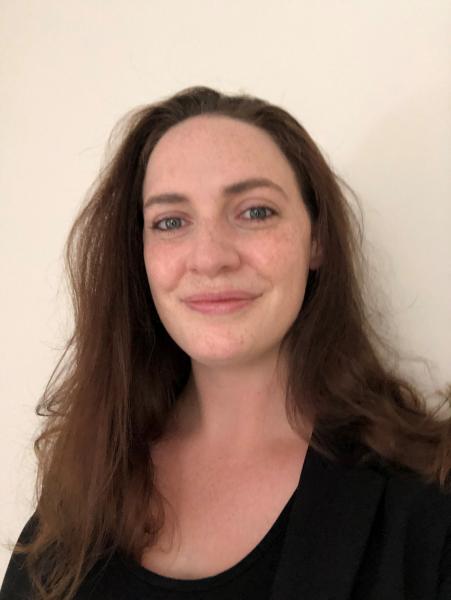
Christina Schulz, MA
University of Rhode Island
Christina Schulz, MA, is a doctoral student in the Behavioral Science program at the University of Rhode Island. Christina has been awarded a Student Research Grant from APA Division 50 to fund her dissertation research and is currently working under a Dean’s Diversity Fellowship from her institution. She is actively studying how environmental context influences decision making as it relates to alcohol use. You can follow Christina (@schulz_ct) and her lab (@LabHarp) on twitter for updates on their research.
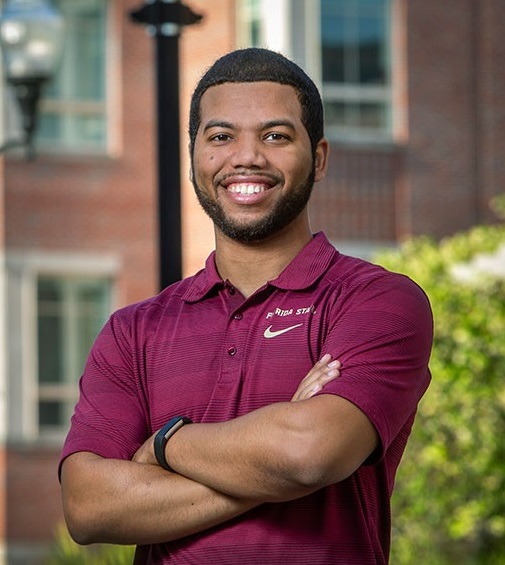
Keanan Joyner, MS
Florida Stae University
Keanan Joyner (graduate student, Florida State University) received funding from the National Institute of Drug Abuse (NIDA) for a R36 grant titled “Between versus Within-Subject Models of the Protective Effect of Substance-Free Reward on Alcohol, Nicotine, and Marijuana Use and Problems.” Across both preclinical (nonhuman animal) and human models of addiction, substance-free reward has been reliably implicated as an influential mechanism of addiction prevention and treatment. Substance-free reward refers to typically pleasurable, non-drug stimuli and activities (e.g., dating, sports, entertainment). However, the mechanism by which increases in substance-free rewards suppresses substance misuse is not well understood. This grant will clarify this mechanism through two complementary approaches. One is a 21-day ecological momentary assessment (EMA) protocol measuring engagement in substance-free pleasurable activities and alcohol, tobacco, and marijuana-related reward, use, and consequences. The second is a multi-method lab-experimental protocol that will characterize substance-related versus substance-free reward both through self-report questionnaires and brain responses to different kind of reward cues as measured via electroencephalogram (EEG). Keanan thanks his mentor, Chris Patrick, and consultants – Jim Murphy, Tim Trull, and Aidan Wright – for their collaboration on this project!
This is the place to show off your recent accomplishments, accolades, awards and/or to and highlight the cool ways in which you promote your lab (websites, Facebook pages, Instagram accounts, etc.). Send us a link and description of your current projects, awards, or media attention you may have received, and any other information that you would like to share with our readers. Please limit responses to 200 words and send to me dana.litt@unthsc.edu by February 1, 2021.

Resources are available for those struggling with addiction and numerous effective treatments exist. Whether you are looking for help for yourself or a loved one, we encourage you to seek out help.